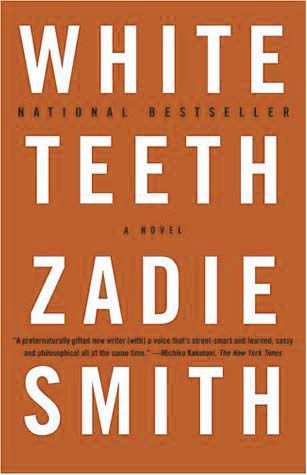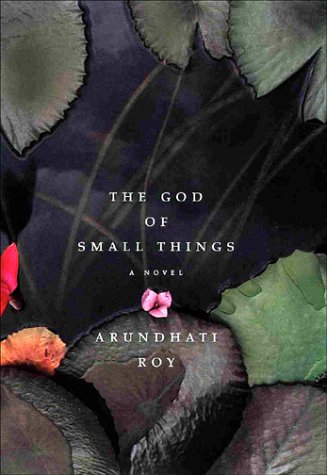
Jonathan Franzen raised a fuss a few years ago when Oprah selected this National Book Award Winner as an entry in her famous book club. Franzen objected, indicating that Oprah's club members were lemming-like in their voracious appetite for any literature that was O-approved. Oprah withdrew the selection, no doubt instantly erasing millions in potential income from the balance sheets of both Franzen and his publishers. The book was a major best-seller anyway.
The Corrections is about the Lambert family, a brood brought up traditionally in the American midwest. While there apparently is nothing terribly special about this respectable middle class clan, their lives are unraveling terribly by the time the children reach adulthood. Father Alfred is battling against dementia and Parkinson's; his wife Enid is barely coping and wondering why her children are so distant. Son Gary is clinically depressed, living with his family in Pennsylvania and wondering where it all went wrong. Chip is a disgraced college professor, sponging off of girlfriends and wondering where his next break will come from. Denise is a well-known chef whose personal life involves breaking up marriages by seducing the male and female parts of the couple. As Alfred slides towards complete dementia, Enid longs for one last Christmas, with all of the family together in the family home. Sounds like a set up for a tale about a bunch of lovable losers who somehow manage to maintain our compassion and empathy. But......
I never really came to care about any of the Lamberts, with the possible exception of Alfred, an absentee father and non-communicative spouse. Alfred takes a bit of the brunt of blame for all of his family's problems- unfairly so in my estimation. While there are some great vignettes and the dialogue is strong, the story is just disjointed enough that it tested my patience. And I like big, sprawling, all-over- the-place novels as a general rule, but I have to care about the characters, and this time out I did not.
One of the problems is that Franzen can be too clever by half. He is clearly extremely intelligent, and much of the book is very well-researched. He writes with authority on a number of topics, from railroad engineering to commercial kitchens. Unfortunately for me, a lot of it came off as show, and did little to move the story or the characters forward. The book could have used substantial editing.
While I wouldn't classify it as a waste of time (and, after all, the book has been very successful; clearly someone likes it), I had high expectations which The Corrections failed to live up to.












